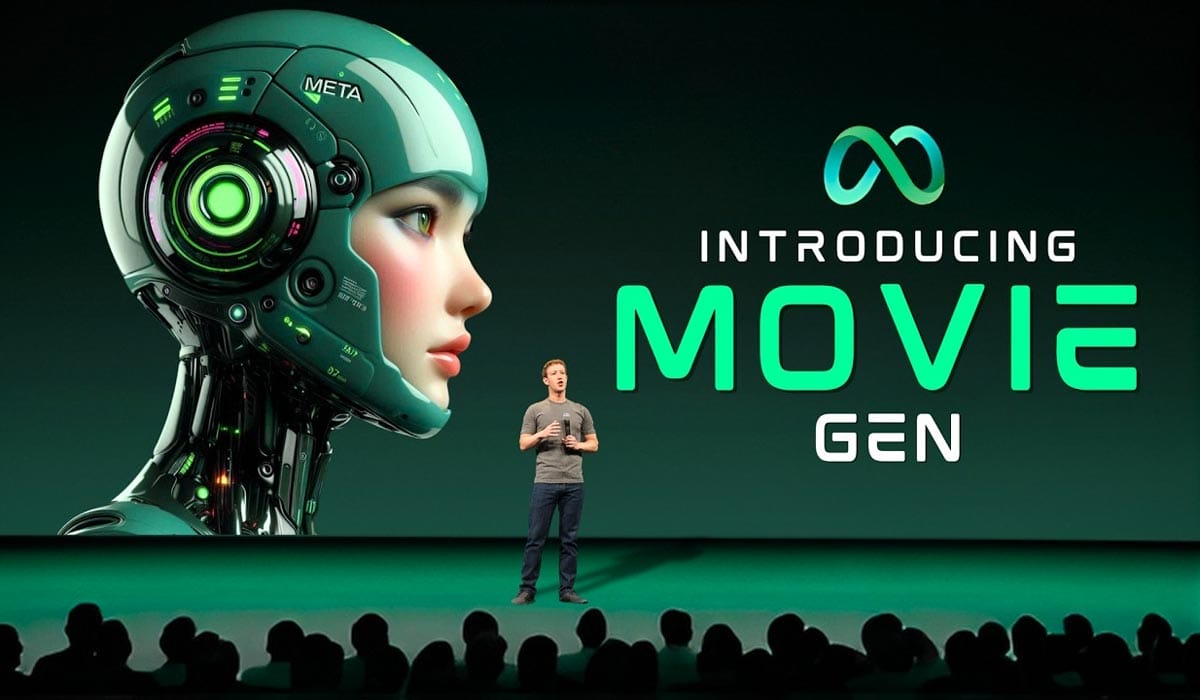
“I want AI to do my laundry and dishes so that I can do my art and writing, not for AI to do my art and writing so that I can do my laundry and dishes.” Joanna Maciejewska
On October 4th 2024, Meta announced its upcoming AI model, Meta Movie Gen, which will be capable of generating realistic video and audio clips, based on prompts. With this generative AI tool, you can use just a few words of text to create personalized videos and sounds, edit existing videos to give them a new look, and even transform your own photo into a unique video.
The plan is to integrate Movie Gen into Meta’s other platforms like Facebook, WhatsApp, and Instagram at an opportune time in the near future. Imagine creating cutting-edge videos on your WhatsApp with just a few words
Meta has partnered with Blumhouse, an award-winning production company, to test Meta Movie Gen’s text-to-video capabilities and provide valuable feedback on the product before the tool’s wider release to the public in the months ahead.
One of Blumhouse’s filmmaker partners, director Aneesh Chaganty made a video titled “i h8 ai” using Meta Movie Gen’s AI media tools showcasing the suites of the AI model’s comparative advantage over available alternatives on the market.
View this post on Instagram
RELATED ARTICLES
As the AI landscape continues to evolve, existing and emerging alternatives to the highly anticipated Movie Gen, like OpenAI’s Sora (a strong contender in text-to-video generation), alongside other industry players like Runway, Visla, Vyond, Fliki, Capsule, Descript, Wondershare Filmora, and Peech, are upgrading their systems to upend the competition.
“…it’s important to note that generative AI isn’t a replacement for the work of artists and animators,” An article on the Meta platform says, alluding to the fact that generative AI is a tool to augment and inspire artistic expression, rather than replace it.
The product has a number of impressive features, including the ability to create a digital copy of yourself that looks and sounds just like you. This is achieved using innovative solutions that mimic your movements and voice.
Amidst all the projected good that is anticipated from the launch of this technology, is a major concern on how to ensure that it is not used for unleashing widespread deception through manipulated media. An article published on the 6th of March 2024 on the Al-Jazeera platform by Peter Guest highlights these worries.
“Photorealistic scenes of charging woolly mammoths in clouds of snow, a couple walking through falling cherry blossoms and aerial footage of the California gold rush.
The demonstration reportedly prompted movie producer Tyler Perry to pause an $800 million investment” Peter Guest writes.
Darker imaginations may manipulate public opinion using deepfakes to misrepresent a political candidate’s views or actions and sway voters’ decisions. They could produce convincing deepfakes that cast doubt on the authenticity of real information, making it difficult for voters to distinguish fact from fiction.
In 2023, 48 hours before Slovakia’s elections, a deepfake audio recording of the leader of the liberal Progressive Slovakia party, Monika Tódová, from a local daily leaked on the internet. The audio portended that the two individuals conspired to manipulate the election results through vote-buying from the Country’s marginalised minority. This is just one case in point.
The spread of divisive rumours through extremely realistic, AI-generated deepfakes not only sows seeds of discord and confusion but makes worse already existing tensions and conflicts.
As AI continues to reshape our world, presenting us with both significant opportunity and considerable challenge, as we harness the technology’s vast benefits, we should endeavour to vigilantly address the risks that it poses. In doing this, we will improve lives, and solve pressing global challenges, all the while safeguarding against its misuse.
By Alfred Galandi
1 thought on “Meta Movie Gen: How Realistic Can AI-Generated Video Get?”
Pingback: Sharenting: Children’s Online Data Protection and Safety - Nymy Net